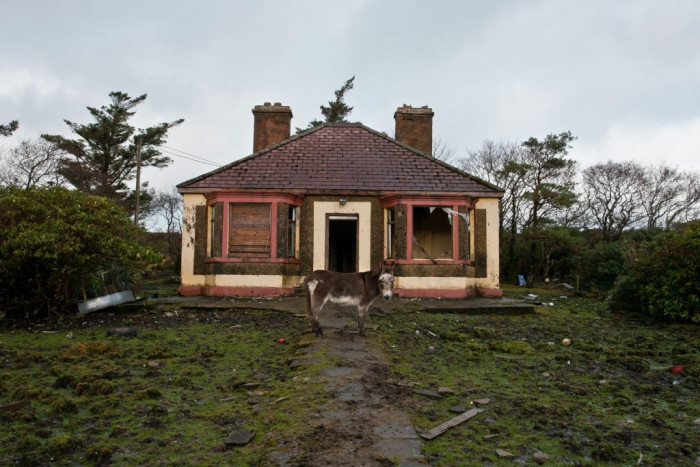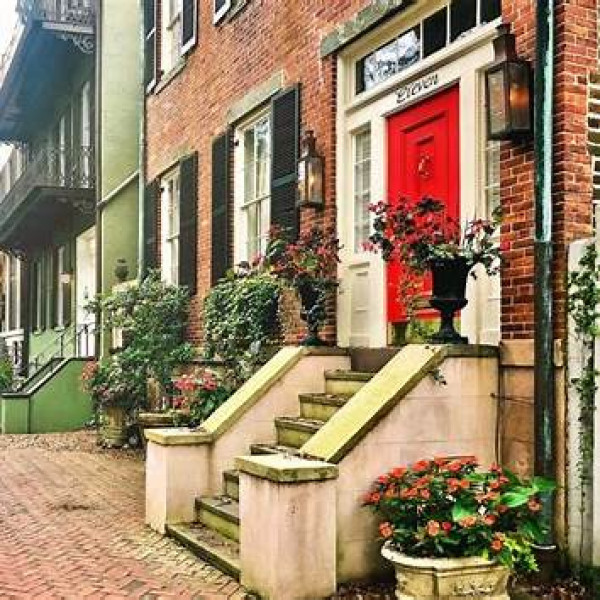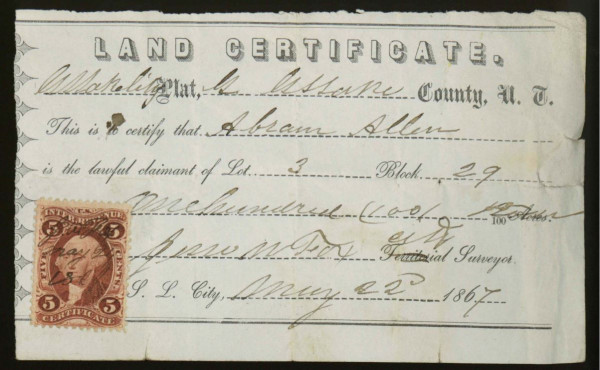Top 5 Reasons Properties are Abandoned
Are you interested in history's mysteries? You can find abandoned properties all over the world when you know where to look.
May 10, 2024

Since these regulations vary at both state and local levels, it's hard for the typical person to be well-versed in their policies. To make things even more complicated, some housing rules are governed by common law and statute of limitations, which vary by jurisdiction as well. Due to inconsistent housing regulations, common law, and lack of education around this topic, its hard for the typical person to be well versed in their housing rights. As a result, our housing systems typically fall short of helping citizens and properties. Interested in learning more, check out: Evicted: Poverty and Profit in the American City. Now let's dig into some of the primary culprits.
Reasons for Property Abandonment
Renovation Obstacles
Many states have passed strict environmental and building code regulations that property owners and realtors need to comply with. Building code tasks may entail getting rid of lead-infused paints, old wiring, or other hazardous material from the property. Ensuring you are in compliance with these laws and regulations takes time, patience, and resources. Some of the main regulators include the Comprehensive Environmental Response, Compensation, and Liability Act (CERCLA), the U.S. Environmental Protection Agency (EPA), the Hazardous Materials Transportation Act (HMTA), the United States Department of Housing and Urban Development (HUD), and the Occupational Safety and Health Administration (OSHA).
Natural Disasters and Ghost Towns
People living in areas prone to natural disasters may be forced to evacuate their homes unexpectedly. Natural disasters frequently ravage entire communities and harm the livelihood of many. For example, after Hurricane Katrina destroyed New Orleans and Hurricane Sandy damaged the shores of New Jersey, people hesitated to move back to their homes out of concern for their safety. As climate change worsens, the probability of reoccurring disasters continues to increase as well. A famous Alabama ghost town called Cahawba is known for this type of regular season. Now preserved as a state historic site, visitors are allowed to see its famous abandoned streets, cemeteries, and other ruins.
Foreclosure Process and Zombie Properties
People generally purchase their homes using a loan obtained through a financial institution - usually a bank. If the property owner becomes financially strained unexpectedly as a result of political, economic, or personal reasons, she or he may be consistently unable to pay the mortgage. If the owner cannot catch up on mortgage payments, the financial institution will likely initiate foreclosure proceedings to remove ownership rights. When homeowners receive a foreclosure notice, they frequently vacate their homes prematurely mistakenly assuming their foreclosure lender is immediately responsible for the property. In reality, it usually takes the financial lender 673 days just to complete the foreclosure process, not including the time it takes for them to sell the home. As a result, these homes become known as zombie properties that sometimes remain vacant indefinitely.
No Demand
According to the nation's leading property database, ATTOM Data Solutions, as of 2020, there are approximately 1.5 million zombie buildings in America. Now you may be thinking, why aren't the financial institutions selling more foreclosed homes to avoid the increase in zombie homes? Great question - the answer is because there is a low demand for Zombie properties in the real estate market. Whether it is because prospective buyers are uncertain about the property's structural integrity, prior care, or neighborhood, these properties are frequently forgotten until it's too late. If these homes do manage to sell, they are usually sold significantly below market value. If you aren't deterred by these perceptions, a foreclosed home may be an excellent investment opportunity for you.
Undesirable Neighborhoods
Even the most beautiful homes are at risk of abandonment if they are located in undesirable areas. Prospective buyers want to find a sense of community in their potential neighborhoods. To achieve this, buyers prioritize neighborhood safety, cohesive infrastructure, strong-performing school districts, nearby amenities, and convenience. If a home is in an undesirable area, it's less likely to be valued, repurchased, or renovated.
Within the U.S., some states are pursuing ways to promote the reuse of vacant properties. Because many of these states are in their primary stages of planning and real estate development is a long-term process, the nationwide revitalization plans will take some time.

A Historic Getaway in Savannah, Georgia: Where Cobblestones Meet Greek Revival
Savannah, Georgia is a walkable treasure trove of historic homes and charming inns. Plan your architecture-filled getaway with our guide to what to see and where to stay.

Uncovering the Connection Behind a Minnetonka Home and the Magic of Dayton’s Holiday Displays
A routine look into a home’s past turned into a journey through Dayton’s holiday history, complete with Dickens villages, giant Christmas trees, and Minneapolis nostalgia.

What is a property title?
Property Titles: Your Guide to Understanding Ownership and Rights

What is a deed? Understanding the Cornerstone of Property Ownership
Explore the significance of deeds in real estate, learn about their types, and uncover how these documents hold the keys to your home history research.